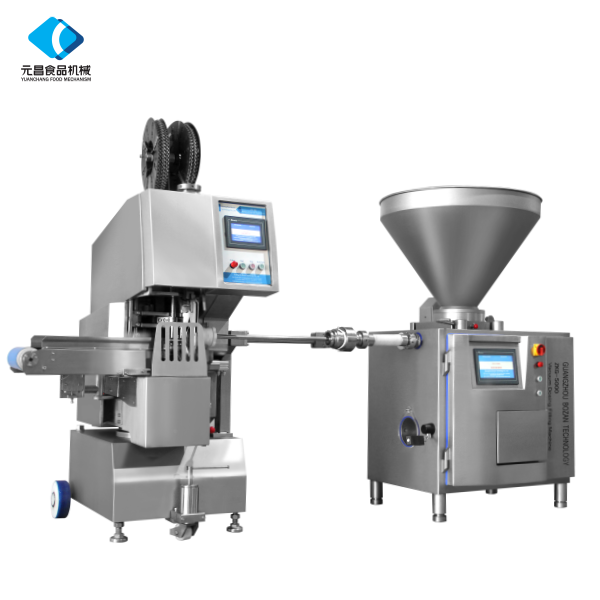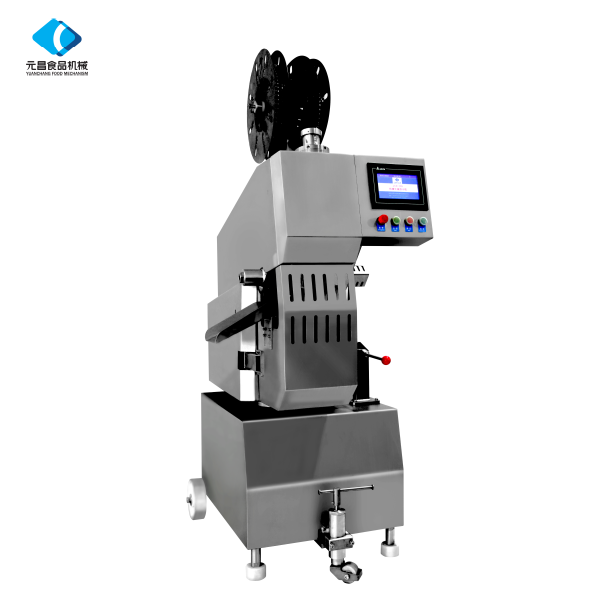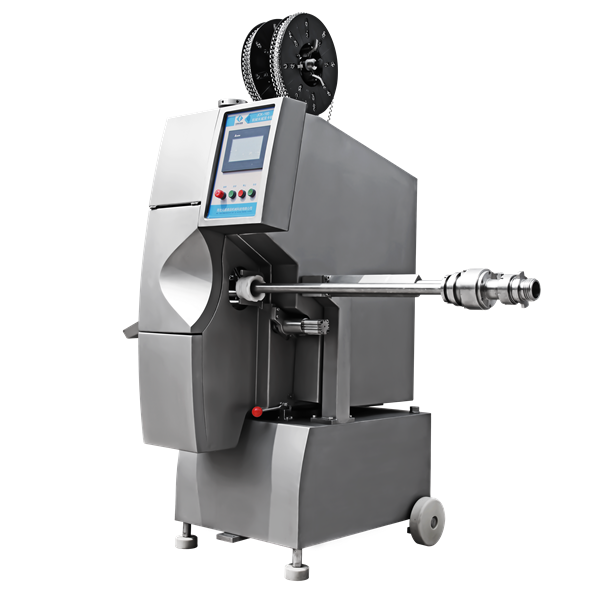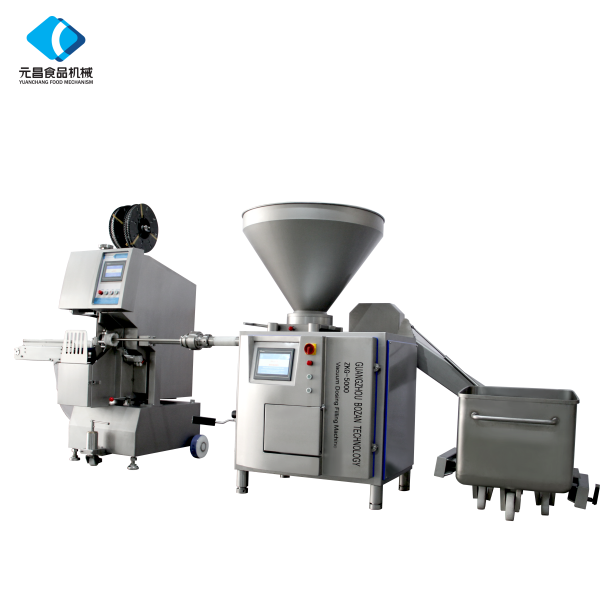- Afrikaans
- Albanian
- Amharic
- Arabic
- Armenian
- Azerbaijani
- Basque
- Belarusian
- Bengali
- Bosnian
- Bulgarian
- Catalan
- Cebuano
- chinese_simplified
- chinese_traditional
- Corsican
- Croatian
- Czech
- Danish
- Dutch
- English
- Esperanto
- Estonian
- Finnish
- French
- Frisian
- Galician
- Georgian
- German
- Greek
- Gujarati
- haitian_creole
- hausa
- hawaiian
- Hebrew
- Hindi
- Miao
- Hungarian
- Icelandic
- igbo
- Indonesian
- irish
- Italian
- Japanese
- Javanese
- Kannada
- kazakh
- Khmer
- Rwandese
- Korean
- Kurdish
- Kyrgyz
- Lao
- Latin
- Latvian
- Lithuanian
- Luxembourgish
- Macedonian
- Malgashi
- Malay
- Malayalam
- Maltese
- Maori
- Marathi
- Mongolian
- Myanmar
- Nepali
- Norwegian
- Norwegian
- Occitan
- Pashto
- Persian
- Polish
- Portuguese
- Punjabi
- Romanian
- Russian
- Samoan
- scottish-gaelic
- Serbian
- Sesotho
- Shona
- Sindhi
- Sinhala
- Slovak
- Slovenian
- Somali
- Spanish
- Sundanese
- Swahili
- Swedish
- Tagalog
- Tajik
- Tamil
- Tatar
- Telugu
- Thai
- Turkish
- Turkmen
- Ukrainian
- Urdu
- Uighur
- Uzbek
- Vietnamese
- Welsh
- Bantu
- Yiddish
- Yoruba
- Zulu
Mechanical Clipper: Efficient Double Clipping & Trimming
Exploring the Advanced World of mechanical clipper Technology in Modern Industries
In today's fast-evolving industrial landscape, precision, efficiency, and reliability are paramount, particularly in packaging and processing sectors. The advent of advanced clipping technologies has revolutionized how various products, from processed meats to industrial consumables, are sealed and secured. At the heart of this transformation lies the mechanical clipper, a crucial piece of equipment that ensures hermetic sealing and product integrity. These sophisticated machines are indispensable for manufacturers seeking to meet stringent hygiene standards, extend shelf life, and optimize operational throughput. The evolution from manual to fully automated systems represents a significant leap forward, offering unparalleled speed, consistency, and reduced labor costs. As industries continue to embrace automation and digital integration, the demand for highly efficient and robust clipping solutions, designed to withstand rigorous operational demands and deliver consistent, high-quality results, continues to grow exponentially. This introduction sets the stage for a comprehensive exploration of the technical nuances, operational benefits, and strategic importance of these essential devices in the modern industrial ecosystem, highlighting their pivotal role in enhancing productivity and ensuring product safety across diverse applications, ultimately solidifying their position as critical components in industrial operations worldwide.
Current industry trends underscore a strong shift towards intelligent and integrated clipping solutions. Manufacturers are increasingly looking for systems that offer not only superior sealing performance but also seamless integration with existing production lines, real-time data monitoring capabilities, and predictive maintenance features. The focus is no longer just on raw speed but on the overall efficiency and adaptability of the equipment to diverse product types and packaging materials. Innovations in material science have led to more durable and hygienic machine components, while advancements in control systems, often leveraging PLC and HMI interfaces, provide operators with intuitive command over complex processes. Furthermore, sustainability is becoming a key driver, prompting the development of energy-efficient designs and systems that minimize material waste. The global market for processing and packaging machinery, including advanced clipping devices, is projected to continue its robust growth, driven by increasing consumer demand for packaged goods, stringent food safety regulations, and the ongoing push for automation in emerging economies. This sustained growth signals a vibrant future for specialized equipment like the mechanical clipper, which remains central to achieving operational excellence and maintaining competitive advantage in a highly demanding global market.
The Automatic Mechanical Great-Wall Double Clipper: A Technical Deep Dive
The Automatic Mechanical Great-Wall Double Clipper exemplifies the pinnacle of mechanical clipper technology, specifically designed for high-volume, continuous operation in demanding environments. This specialized double clipper is engineered to automatically complete the casing, filling, clipping, and cutting processes, significantly reducing manual intervention and boosting production efficiency. Its robust design incorporates advanced mechanical linkages and precision-engineered components, ensuring consistent and reliable performance with minimal downtime. A key advantage of this system is its compatibility with various types of casings, including natural, collagen, and fibrous casings, making it highly versatile for diverse applications in the meat processing and food packaging industries. The machine’s intuitive control system allows for easy adjustment of clipping pressure, loop length, and clip spacing, enabling operators to fine-tune settings for optimal product presentation and secure sealing. Furthermore, the use of high-grade stainless steel in critical contact areas guarantees adherence to strict hygiene standards, facilitating easy cleaning and preventing cross-contamination, which is paramount in food production. This meticulous design and engineering focus on delivering a solution that not only meets but often exceeds the rigorous demands of modern food processing facilities, embodying reliability and operational excellence.

To provide a comprehensive understanding of the Automatic Mechanical Great-Wall Double Clipper's capabilities, a detailed examination of its technical parameters is essential. This mechanical trimmer is typically characterized by impressive operational speeds, often reaching up to 150 clips per minute, depending on the product and casing type. Its pneumatic and mechanical synchronization ensures precise clip placement and secure closure, preventing product leakage and spoilage. The integrated automatic lubrication system significantly reduces maintenance requirements and extends the lifespan of moving parts, contributing to a lower total cost of ownership. Furthermore, the machine's energy efficiency is optimized through advanced motor controls and a streamlined mechanical design, reducing power consumption while maintaining high output. Below is a detailed table outlining typical product specifications and performance metrics, providing a clear benchmark for its superior design and operational efficiency in various industrial applications. This data underscores its suitability for manufacturers seeking to enhance productivity and maintain high standards of product quality and safety, making it a pivotal investment for their production lines.
Automatic Mechanical Great-Wall Double Clipper: Key Specifications
| Parameter | Value/Description |
|---|---|
| Model | Automatic Mechanical Great-Wall Double Clipper |
| Clipping Speed | Up to 150 clips/min (product dependent) |
| Casing Diameter Range | 30mm - 120mm (adjustable) |
| Air Pressure | 0.5 - 0.7 MPa |
| Power Supply | 3 Phase, 380V / 50Hz (customizable) |
| Material | Food-grade Stainless Steel (SUS304) for contact parts |
| Dimensions (L x W x H) | Approx. 1500 x 800 x 1800 mm |
| Weight | Approx. 450 kg |
| Clip Type Compatibility | U-shaped clips of various sizes (e.g., 150, 180, 200 series) |
| Control System | PLC controlled with HMI touch screen |
Manufacturing Excellence and Uncompromising Quality Assurance
The superior performance and longevity of a mechanical clipper like the Automatic Mechanical Great-Wall Double Clipper are directly attributable to its meticulously controlled manufacturing process. The journey begins with the selection of premium materials, primarily high-grade stainless steel (SUS304 and SUS316L for specific applications), known for its exceptional corrosion resistance, hygiene properties, and durability, crucial for machinery operating in food environments. Core components, such as the clipping head and knife systems, undergo precision manufacturing processes including advanced CNC machining to achieve extremely tight tolerances, ensuring smooth operation and precise clip formation. Other critical parts might involve specialized casting or forging for enhanced structural integrity and fatigue resistance. For instance, components subjected to high stress cycles are often forged from specific alloys to ensure they can withstand continuous operation without degradation. The integration of these advanced manufacturing techniques guarantees that each machine part contributes to the overall reliability and efficiency of the clipping process, ultimately enhancing the product’s operational lifespan and reducing the need for frequent replacements or repairs, a testament to robust engineering.

Quality assurance protocols are deeply embedded throughout every stage of the manufacturing process for a double clipper to ensure adherence to global industry standards. From raw material inspection upon receipt, where materials are verified against specifications like ASTM and EN standards, to in-process quality checks using coordinate measuring machines (CMM) and non-destructive testing (NDT) for critical welds and components, every step is rigorously monitored. Finished products undergo comprehensive performance testing, simulating real-world operational conditions to validate clipping speed, sealing integrity, and overall functional reliability. Compliance with international standards such as ISO 9001 for quality management systems and ANSI standards for machine safety is not merely a formality but a foundational principle. Furthermore, machines destined for food contact applications adhere strictly to FDA guidelines and CE marking requirements, affirming their suitability for sensitive environments. This commitment to stringent inspection and certification ensures an extended operational lifespan, typically exceeding 10-15 years with proper maintenance, significantly benefiting industries such as food processing, petrochemicals (for specialized sealing), and various packaging lines. This exhaustive quality regimen mitigates risks, enhances product safety, and builds undeniable trust with clients, proving the product's long-term value.
Versatile Applications and Unmatched Operational Advantages
The versatility of the Automatic Mechanical Great-Wall Double Clipper extends its utility across a broad spectrum of industrial applications far beyond just conventional meat processing. While it excels in sealing sausages, hams, and other deli products, its precision and robust design also make it ideal for packaging non-food items that require secure, consistent closures. This includes the sealing of explosives for mining, chemicals, pharmaceuticals, and even specialized industrial components encased in film or synthetic casings. For instance, in the petrochemical industry, it might be adapted for sealing certain types of gel or viscous materials in specialized flexible container111s, ensuring safe containment and transport. In wastewater treatment facilities, its robust sealing capabilities could be leveraged for secure bagging of sludge or other treated materials, minimizing environmental exposure. The adaptability of the clipping mechanism, coupled with the precision of a fine mechanical trimmer, ensures that whether dealing with varying casing sizes, textures, or fill consistencies, the machine performs reliably, delivering uniform, high-quality seals crucial for product integrity and consumer safety across diverse manufacturing sectors, showcasing its exceptional flexibility.

Beyond its broad applicability, the Automatic Mechanical Great-Wall Double Clipper offers significant operational advantages that translate directly into substantial cost savings and enhanced productivity for businesses. A primary benefit is its remarkable energy efficiency; the optimized mechanical design and advanced motor control systems minimize power consumption per clip, reducing overall operational costs for high-volume producers. Furthermore, its superior sealing integrity provides exceptional anti-corrosion and anti-spoilage benefits for packaged goods, extending shelf life and reducing product waste, particularly vital for perishable items. The fully automated nature of this mechanical clipper dramatically lowers labor requirements, reallocating human resources to more complex tasks, thereby boosting overall plant efficiency. Its precision engineering also results in consistent clip placement and tension, which enhances product presentation and reduces rework. This blend of efficiency, reliability, and robust design ensures a rapid return on investment, making it a strategic asset for companies aiming to streamline their packaging operations while maintaining the highest standards of product quality and safety in competitive global markets.
Custom Solutions and Strategic Partnership
Recognizing that every industrial operation has unique requirements, leading manufacturers of mechanical clipper systems offer comprehensive customization and tailored solutions. This goes beyond mere product variations, encompassing full-scale engineering adjustments to integrate seamlessly with existing production lines, accommodate specific product dimensions, or adhere to unique regulatory compliance needs. Whether it involves modifications to the casing feed system, integration with specialized conveyors, or bespoke software programming for data logging and remote diagnostics, the ability to provide a truly custom-fit solution is a hallmark of an authoritative and experienced provider. This collaborative approach ensures that the Automatic Mechanical Great-Wall Double Clipper, or any mechanical trimmer solution, is optimized for peak performance within a client's specific operational context. Such partnerships extend to pilot testing, on-site installation support, and thorough operator training, ensuring a smooth transition and rapid adoption of new equipment, minimizing disruption and maximizing productivity from day one. This flexibility and dedication to client-specific needs differentiate top-tier suppliers in the competitive B2B machinery market, fostering long-term success.

Choosing the right manufacturer for your industrial clipping needs is a strategic decision that extends beyond initial purchase price, deeply impacting long-term operational efficiency and return on investment. A key differentiator lies in the manufacturer's proven track record, evidenced by years of service, a portfolio of successful installations, and long-standing partnerships with industry leaders. Companies with robust R&D capabilities continuously innovate, integrating the latest advancements in automation, materials science, and control systems into their double clipper designs. Our commitment to excellence is underscored by a service history spanning over two decades, delivering cutting-edge solutions to clients worldwide, backed by ISO and CE certifications that affirm our adherence to global quality and safety standards. Customer feedback consistently highlights the reliability, efficiency, and exceptional post-sales support that forms the backbone of our client relationships. We provide detailed application case studies demonstrating tangible benefits like increased throughput by 20% and reduced material waste by 15% for our clients, solidifying our position as a trusted and authoritative partner in advanced processing and packaging machinery, including the sophisticated Automatic Mechanical Great-Wall Double Clipper.
Building Trust: Warranty, Support, and Frequently Asked Questions
Trustworthiness in the B2B sector is built upon transparent policies regarding product delivery, warranty, and ongoing customer support. For sophisticated machinery like a mechanical clipper, a robust warranty is paramount, typically offering 12 to 24 months of coverage for parts and workmanship, ensuring peace of mind against manufacturing defects. Delivery cycles are optimized to minimize client waiting times, with standard models often dispatched within 4-6 weeks and custom solutions requiring 8-12 weeks, depending on complexity, all communicated clearly from the outset. Comprehensive customer support is non-negotiable, encompassing technical assistance, remote diagnostics, and on-site service by factory-trained technicians. We maintain a global network of service partners to ensure prompt response times, aiming for initial troubleshooting within 24 hours of a reported issue. Furthermore, we offer comprehensive training programs for client's operational and maintenance staff, empowering them to maximize the efficiency and lifespan of their investment. This holistic approach to support underscores a commitment to long-term client success, fostering enduring partnerships founded on reliability and mutual trust throughout the entire product lifecycle.
Addressing common concerns upfront through a Frequently Asked Questions (FAQ) module further solidifies client confidence in a double clipper investment. Key questions often revolve around compatibility: "What casing materials can the machine handle?" (Natural, collagen, fibrous, synthetic up to 120mm). "Is it compatible with my existing filling equipment?" (Designed for seamless integration with most leading fillers). Another frequent inquiry concerns maintenance: "What is the recommended maintenance schedule?" (Daily cleaning, weekly lubrication, annual professional inspection). "Are spare parts readily available?" (Comprehensive stock maintained for immediate dispatch). Energy consumption is also a common query: "How energy-efficient is this mechanical trimmer?" (Optimized pneumatic and electrical systems significantly reduce power use compared to older models). Warranty and service questions are crucial: "What does the warranty cover?" (Mechanical and electrical components against manufacturing defects for 1-2 years). "What kind of post-purchase support is offered?" (24/7 technical hotline, remote diagnostics, on-site service, training). These transparent answers provide clarity and reinforce the manufacturer's commitment to reliability and client satisfaction.
Authoritative References
- International Organization for Standardization (ISO) Official Website.
- Food and Drug Administration (FDA) Guidance Documents for Food Processing Equipment.
- American National Standards Institute (ANSI) Publications on Machine Safety.
- Journal of Food Engineering - Research on Packaging and Sealing Technologies.
- Meat & Poultry Magazine - Industry Reports on Automation and Processing Innovations.
-
Glass Container with Plastic Vented Lid - Hebei Yuanchang | Heat-Resistant, Customizable Food StorageNewsAug.18,2025
-
Glass Container with Plastic Vented Lid|Heat Resistant&CustomizableNewsAug.18,2025
-
Glass Container with Plastic Vented Lid-Hebei Yuanchang Food Mechanism & Technology Co., Ltd.|Heat-Resistant&Leak-ProofNewsAug.18,2025
-
glass produce storage containers-Hebei Yuanchang Food Mechanism & Technology Co., Ltd.|Heat-resistant,AirtightNewsAug.17,2025
-
Glass Container with Plastic Vented Lid-Hebei Yuanchang Food Mechanism & Technology Co., Ltd.|Thermal Resistance,Customizable DesignNewsAug.17,2025










